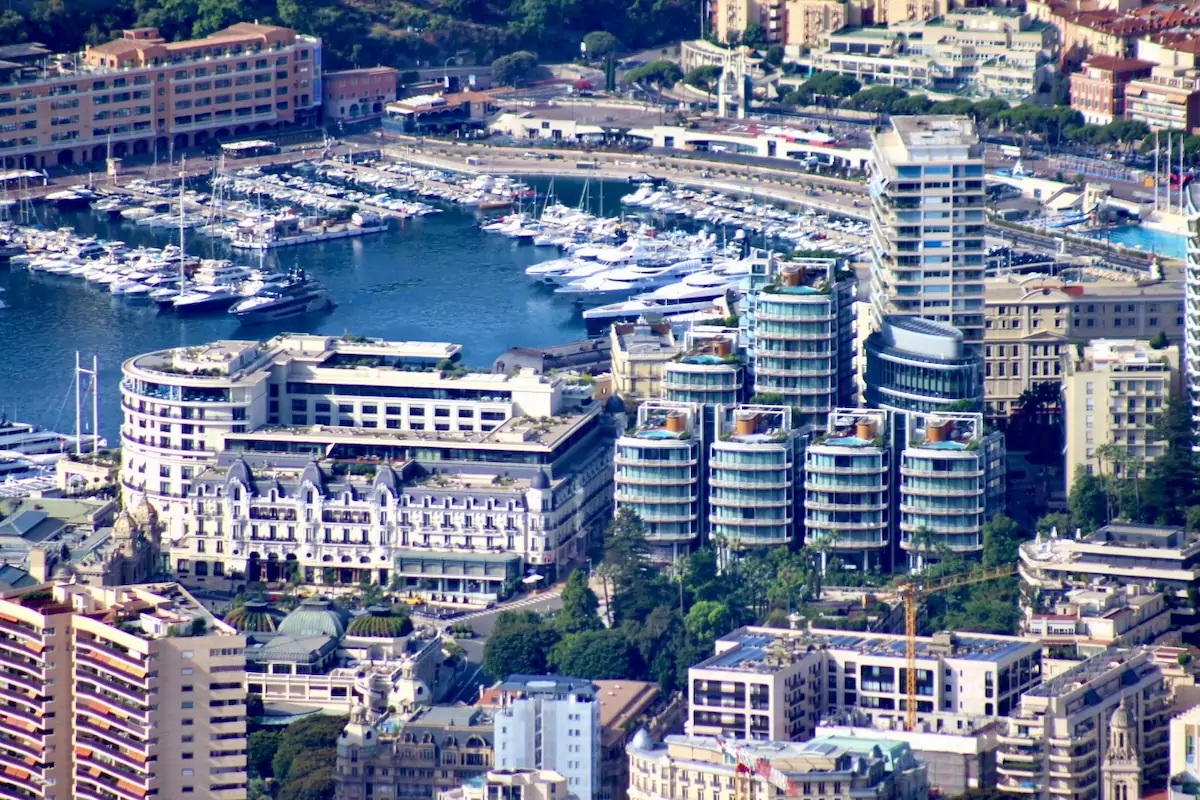The Financial Action Task Force (FATF) has acknowledged Monaco’s “steps towards improving” its anti-money laundering and counter-terrorism financing (AML/CFT) regime, following a review during its plenary session held in Paris from 22nd to 24th October.
In its post-plenary statement, the FATF acknowledged that Monaco has made tangible progress since committing in June 2024 to address weaknesses in its anti-money laundering and counter-terrorism financing framework. Key improvements include expanded resources for the Financial Intelligence Unit (FIU), stronger international cooperation to trace and confiscate criminal assets, and greater prosecutorial capacity.
“Since June 2024, when Monaco made a high-level political commitment to work with the FATF and MONEYVAL to strengthen the effectiveness of its AML/CFT regime, Monaco has taken steps towards improving its AML/CFT regime on many of its action items,” the FATF said. These included “demonstrating a sustained increase in outbound requests to identify and seek the seizure of criminal assets abroad, completing its resourcing program for its FIU, enhancing judicial efficiency by increasing resources for prosecutors and increasing the seizure of property suspected to derive from criminal activities.”
However, the FATF also called on Monaco to continue implementing its action plan in three key areas: enhancing the application of sanctions for AML/CFT breaches, improving the timeliness of suspicious transaction reporting, and ensuring sanctions for money laundering offences are proportionate, dissuasive and effectively enforced.
Progress report adopted in Paris
A Monegasque delegation presented its second official progress report during the plenary session in Paris. According to the Monaco government, this report — part of an agreed timetable set in June 2024 — outlines reforms already completed, some ahead of schedule.
Authorities in the Principality highlighted a broad national effort behind the improvements, including the strengthening of the FIU, the recruitment of three magistrates to boost capacity within the General Prosecutor’s Office, and an increase in the seizure of criminal assets both domestically and through international cooperation.
The government also underlined that these reforms were not limited to actions scheduled for the current phase of the FATF review but form part of a long-term strategy driven by Monaco’s national coordination committee and supported by a permanent secretariat created in 2024.
Still on the grey list, under continued scrutiny
Monaco remains under increased monitoring by the FATF — a designation that does not trigger automatic sanctions or restrictions, but does signal that strategic deficiencies remain. The FATF does not call for enhanced due diligence against such jurisdictions but encourages countries to take a risk-based approach.
In total, Monaco was one of 19 countries whose progress was reviewed during the October 2025 plenary. Others include Algeria, Lebanon, Venezuela, and the Virgin Islands. The FATF has reiterated its call for all jurisdictions under increased monitoring to complete their action plans “expeditiously and within the agreed timeframes”.
The Principality says it remains fully committed to this process. “Monaco will continue its close cooperation with the FATF and Moneyval,” a government statement said, “with the aim of completing the action plan and leaving the grey list as soon as possible.”
Stay updated with Monaco Life: sign up for our free newsletter, catch our podcast on Spotify, and follow us across Facebook, Instagram, LinkedIn, and Tik Tok.
Photo credit: Richard McCreery, Monaco Life
